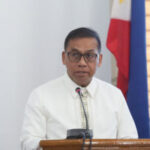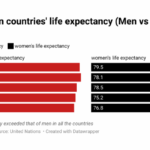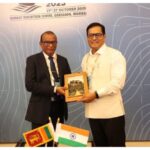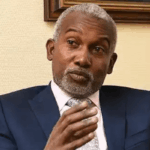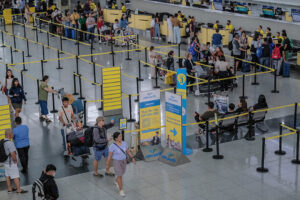
By Ashley Erica O. jose, reporter
Local carriers no longer existLitigation over their proposal for terminal surge charges, the Civil Aeronautics Board (CAB) said, carriers can explore options that do not require government approval.
CAB Executive Director Carmelo L. “They are no longer pursuing it. Because maybe they are making decisions, there are several options for them. One is to increase fares by limiting it or maybe partially absorbing (the higher costs),” Arcilla told reporters on the sidelines of an event last week.
Local airlines including Philippine Airlines, Cebu Pacific and AirAsia Philippines had earlier sought CAB approval to impose terminal surge charges amid higher charges at the Ninoy Aquino International Airport (NAIA).
He proposed to charge a terminal enhancement fee of P150 each way for domestic roundtrip flights and P300 each way for international flights.
Airlines are seeking government approval to charge terminal enhancement charges separately as it will not be included in the fares.
If approved, the fee will be charged separately from the base fare and listed separately on passenger receipts, similar to fuel surcharge and value added tax.
Mr. Arcilla said the carrier's proposal is “on hold” for now, noting that airlines have the right to increase fares to offset the higher costs of operating at NAIA.
Since taking over NAIA operations in September last year, private operator New NAIA Infra Corp (NNIC) has increased landing, takeoff and other charges.
CAB had earlier said that some foreign carriers are also seeking to collect terminal enhancement charges to offset rising costs at NAIA.
However, these foreign airlines are also no longer seeking to charge such fees, Mr. Arcila said, noting that these carriers have not formally filed any application to impose terminal enhancement fees.
AirAsia Philippines said it is working closely with the government and industry partners to explore options for adjusting airport operating costs, including terminal enhancement fees.
AirAsia Philippines Communications and Public Affairs Head Steve F. DeLison said in a Viber message that the airline supports initiatives that “enhance the overall customer journey.”
“I completely agree (with this move). It's really more inconvenient for passengers to pay separate fees for multiple things related to their trip – everything should be included in the cost of the ticket and only paid for once,” said Leo Menon, CEO of Libra Consult, Inc. Nigel Paul C. Villarete, senior adviser on public-private partnerships (PPP) in the U.S., said via Viber on Monday.
Mr Villarete said it was understandable why airlines would want to charge it as a separate fee, but deciding to include it in the base fare would be the best option.
“I understand the airlines don't like this and will protest, but this is the way to go and the best option. Airlines can print breakdowns on tickets for passengers to see,” he said.
“This is a very convenient move to hide additional costs in the base fare. The blame for this will be placed on the airlines, not the terminal operator. To the public, this is the same effect,” said Rene S. Santiago, an international consultant on transportation development and former president of the Transportation Science Society of the Philippines.
Starting September this year, the NNIC has also started charging a P550 plus passenger service fee or P950 terminal fee for international departures. Terminal fee for domestic departures increased from P200 to P390.
air talk
Meanwhile, Mr Arcilla said CAB has also signed an agreement with Thailand, which has allowed local carriers such as AirAsia Philippines to continue operating there through a third country code-sharing agreement.
Mr Arcilla said the recently signed deal amends the Philippines and Thailand's existing air services agreement.
In a third-country code-sharing agreement, carriers from two countries sell flights on an airline of a third country.
“Philippines AirAsia is 100% foreign-owned, but it is still a local carrier,” Mr. Arcilla said, adding that under the current air service agreement only locally controlled airlines are allowed to operate in Thailand.
In June, CAB said the Philippines was also working on a code-sharing agreement with South Korean and Japanese carriers to expand connectivity between Manila and the US.

